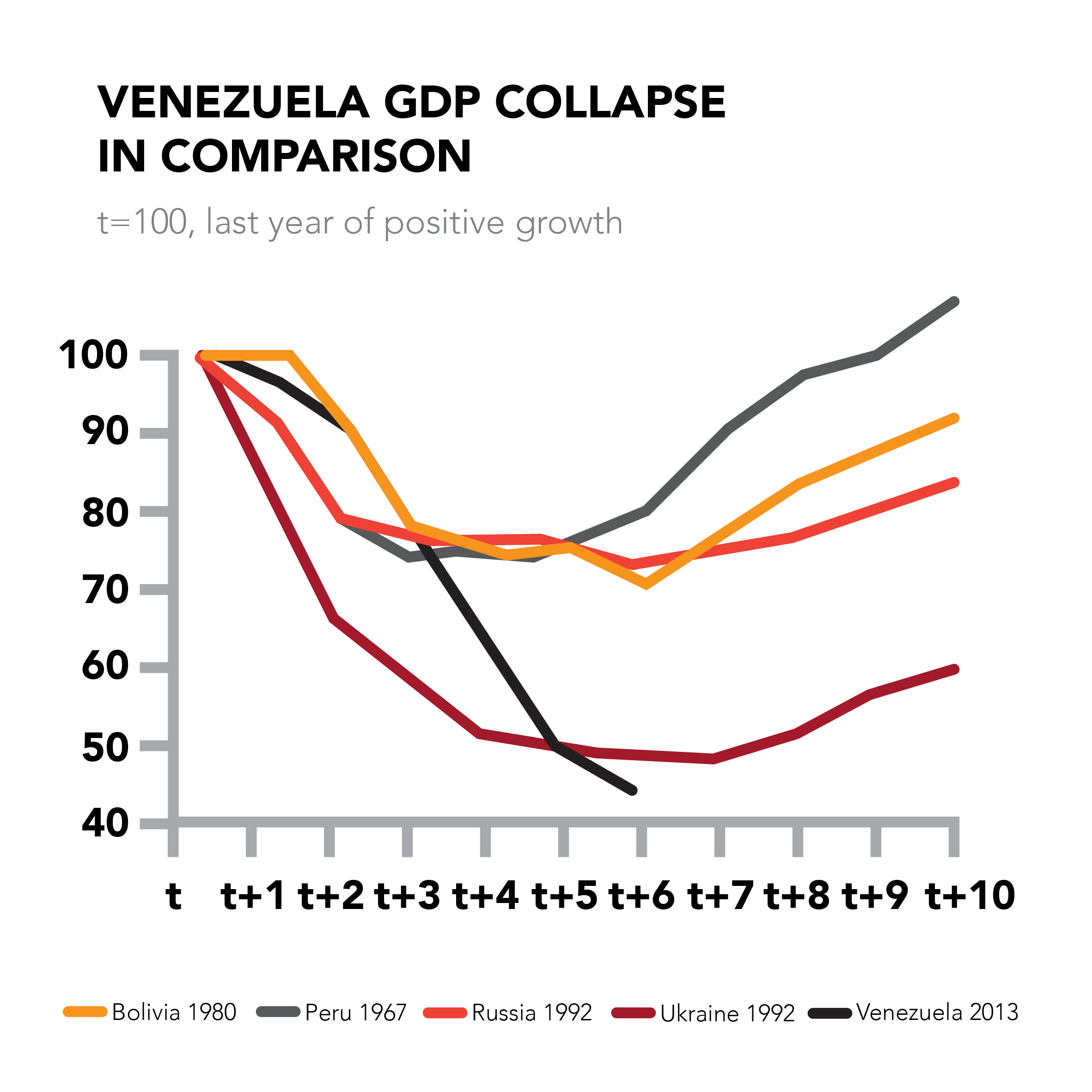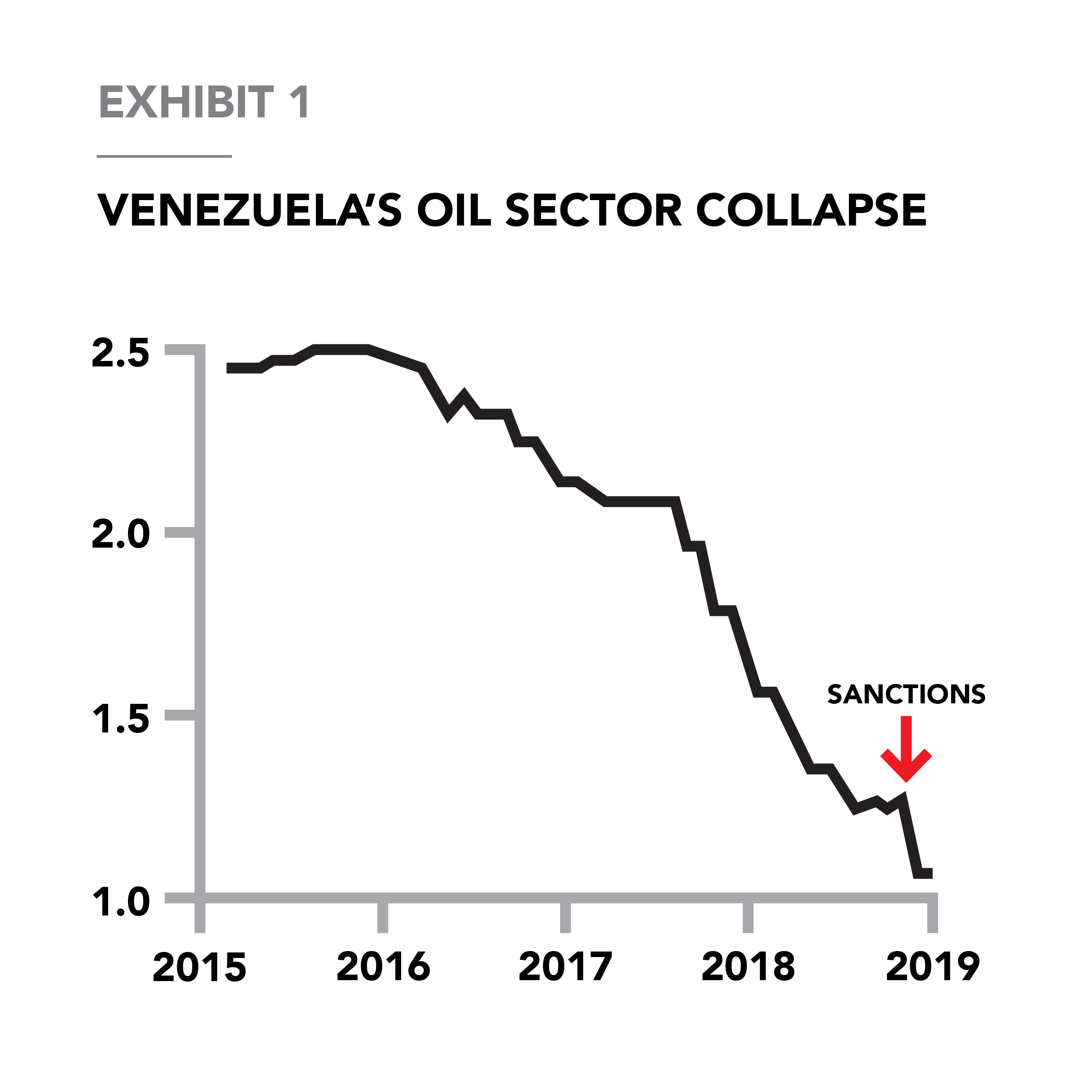Berkeley Awakes to the True Extent of Venezuela’s Crisis
For decades, the Berkeley campus of the University of California has been a mecca for the American left. So, for it to gather some important voices on Venezuela who are not part of the regime’s propaganda network meant an opportunity to discover the awful truth of a country in crisis. Can it open some eyes?


Photo: Friends of Cal Crew, retrieved.
As I arrived (and left) the conference, I half-expected to see leftist protestors trying to shut it down, as they’ve done in the past for other events deemed “right wing” (the 2017 talk by Ben Shapiro comes to mind). But no, in this case a lone protestor arrived to pass out his lime-green flyer in favor of chavismo.
He’d been in the conference briefly to distribute his flyers and then left. I later passed him in the hall during a break, and there he was surrounded by a group of eight or ten students, some of them Venezuelans, and some of them organizers of the event. They listened to him politely as he explained how all the problems in Venezuela were the result of “imperialism.” I heard one of the students ask if he’d heard the presentations and he said he hadn’t. He was clearly only there to enlighten the benighted, since he obviously knew more about what was going on in Venezuela than Venezuelans themselves.
Look: while there’s a need to “raise awareness” about Venezuela in bastions of left-wing politics, there’s an even greater need to break through denial, and recognize that the Bolivarian Revolution failed long ago.
That’s why Voces de Venezuela: The Roots of a Country in Crisis, a one-day conference (April 12, 2019,) brought together on the University of California, Berkeley campus, a strong panel of credible, informed and intelligent experts to talk about the current situation in Venezuela. The event was organized by the Latin American Leadership Society, a student group, and they deserve congratulations for their attempt to “raise awareness about the crisis and incentivize informed dialogue about current events with the Venezuelan community in the Bay area and beyond.”
Historian and sociologist Dr. Margarita López Maya opened the conference by describing the chavista government of Chávez/Maduro as a populism that had become a neopatrimonialism, slowly drifting into “sultanism.” Even if the terms seem unfamiliar or confusing, the reader can get the drift by connotation: Since 1998, Venezuela has been moving from what seemed like a renewal and deepening of democracy, to its utter destruction; from liberal democratic institutions to a personalistic and family-based form of government resembling, as López put it, more “a church or a monarchy of the 21st century” than a democracy. The concept of the “Socialism of the 21st Century,” as Dr. López pointed out, just “reinforces the authoritarian trends and introduces totalitarian tendencies.” She uses her terms carefully, meaning by “totalitarian” that idea introduced by Mussolini that the state should ultimately have “control over all spheres of life.”
Dr. López’s introduction was a perfect framing for the presentations to come, especially Dr. Harold Trikunas’ presentation on the Venezuelan military. Trinkunas started off by showing various graphs on how desperate the situation is in the country. Venezuelans, of course, know this, but a few gasps in the audience (from Cal students, I think) were audible, as he projected the images. This one grabbed me:
The sanctions imposed by Donald’s Trump administration have really been a minor downward blip in the overall decline of oil production in Venezuela. As a former PDVSA worker told me during a break, PDVSA was once one of the top five companies of the world that produced three and a half million barrels of oil at its peak, and now struggles to produce 750,000 barrels a day.
Trinkunas introduced a few other jaw-dropping facts—like how Chávez blew through enough cash to fund seven Marshal Plans. On inflation, he used the cup of coffee he was drinking as an example: “This costs two bucks, but [with over a million percent inflation in Venezuela] that same cup of coffee would cost two and a half million dollars next year.”
Then he projected a chart to put the collapse of Venezuela in perspective. Venezuela, if the reader can’t make it out, is the sharp, downward line, reaching below all the others:
 But Trinkunas was just warming us up for the real gut-punch.
But Trinkunas was just warming us up for the real gut-punch.
As Venezuelans know, the military is the critical institution that will determine whether or not Venezuela will continue on its authoritarian “sultanist” trajectory, or move back toward liberal democracy, and that understanding kept me on the edge of my seat, as Trinkunas analyzed the pros and cons the military officers weigh. He detailed the methods Chávez used after the coup of 2003 to purge the military of disloyal officers, including dispersing the military away from the capital to avoid possibilities of coups, and using economic incentives to keep them loyal.
Since Maduro took over, he’s increased those incentives, such as giving military control of drug trafficking, food and medicine trafficking, gold trafficking and so forth, while at the same time raising the risks for any defection by imprisoning, torturing, and killing officers deemed disloyal. Trinkuna thinks that Guaidó and the opposition need to come up with a much “better deal” for the military than what Maduro is offering. Moreover, Maduro has been effective in “coup-proofing” the military by means of surveillance, indoctrination, breaking links with the US and strengthening links with China, Cuba, Russia, etc., and also by arming militias and colectivos as counter-balances to the military power. A final element of “coup-proofing” might be qualified as “terror,” that is, ensuring that any “first move” against the regime is severely punished. For example, the case of police officer Óscar Pérez.
Following Trikuna’s presentation, Ibéyise Pacheco gave a talk in Spanish about the situation of journalism in Venezuela today. Ms. Pacheco is herself a well-known Venezuelan journalist who was forced to leave her homeland after “she exposed military corruption in 2000.” Her bio in the program also indicated that, “after 21 judicial proceedings, she was gradually excluded from the media.” She now lives in Miami, where she works with Diario Las Americas.
Ms. Pacheco described the problems of censorship—extending it to the internet—, threats, and physical attacks on journalists, destruction of their equipment and media, all under what is essentially official sanction. She told the well-known story of Univision’s Jorge Ramos’ detention after questioning Maduro about Venezuelans forced to live from the garbage. Pacheco pointed out that 200 newspapers have been forced to close over the past five years and over 500 journalists have left the country.
After a break, Dr. Julio Castro of the Tropical Medicine Institute of the Universidad Central de Venezuela, began by talking about the difficulty of assessing the dire state of hospitals and medicine, since the government for the past five or so years has refused to release statistics on virtually anything. Nevertheless, working from the recently released reports of the Encuesta Nacional de Hospitales (available in pdf online,) he painted a grim picture of the country (the OAS’ and The New York Times’ reports are more damning.)
Even before the current blackouts, 67% of hospitals reported electrical outages (with damaged equipment as a result,) and 70% of hospitals reported water supply failures. The Malaria case is, for me, emblematic of the whole health crisis in the country; Dr. Castro mentioned that malaria had nearly been eliminated in Venezuela in the 1980s, but now rates are as high as they were before the discovery of anti-malarial drugs. In the end, over 200,000 Venezuelans have died in the past ten years as a result of failures on the Venezuelan medical system.
David Smolansky arrived just in time for a much-needed pep talk, although his news wasn’t exactly uplifting. He began by showing a YouTube video on the blackout, then went on to talk about how there are somewhere around 1,000 political prisoners in the country, and showed a NYT video on the chavista anti-protest arsenal. He called on the students to get active, protest and continue to raise awareness about the situation of Venezuela.
The final presenter was Tamara Sujú Roa, human rights lawyer, activist and current representative of the government of Juan Guaidó in the Czech Republic. She talked about torture in Venezuela, pointing out that the first victims under the present government went back to the years when military compañeros of Chávez were tortured. Ms. Sujú discussed the deterioration of human rights, including the detention and torture of teenagers.
That final panel discussion was delayed and went overtime, so I unfortunately missed much of it, but nevertheless, the event was clearly a success in attempting to “incentivize informed dialogue about current events with the Venezuelan community in the Bay area and beyond.” The students at Cal managed to get a perspective on Venezuela that isn’t often heard in the city of Berkeley since the US, and Berkeley in particular, suffers from the same sort of polarization that afflicts Venezuela. One can only hope these events flourish into more awareness and, eventually, help to the Caribbean nation but, considering our green-flyer friend, the “dialogue” will probably remain in Berkeley just as it does in Venezuela: The opposition continues to describe the unfolding disaster in the country, but the chavistas can’t, or won’t, listen.
Caracas Chronicles is 100% reader-supported.
We’ve been able to hang on for 22 years in one of the craziest media landscapes in the world. We’ve seen different media outlets in Venezuela (and abroad) closing shop, something we’re looking to avoid at all costs. Your collaboration goes a long way in helping us weather the storm.
Donate





